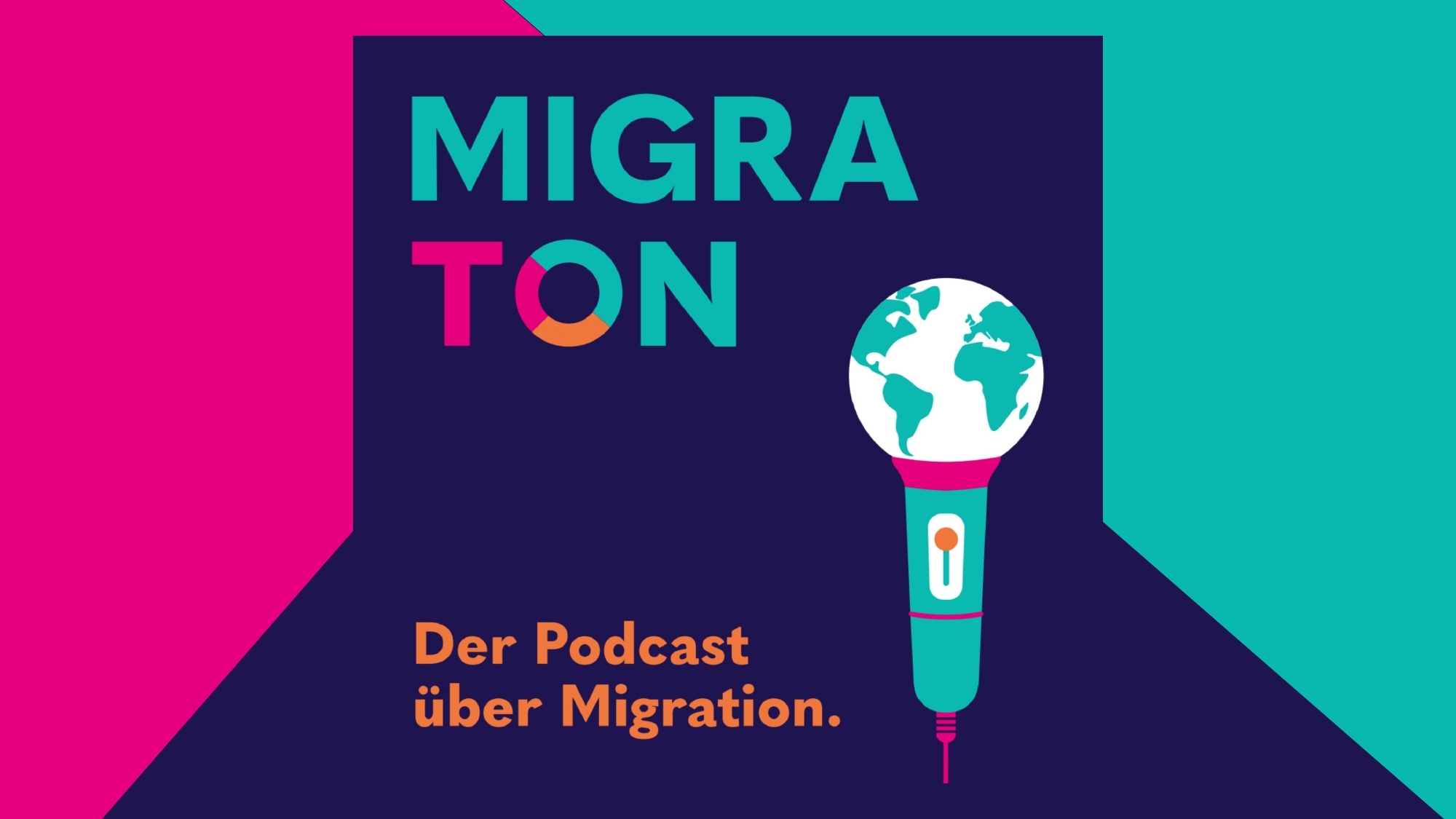05 OCT I Violent Extremism and the role of Gender – Instrumentalisation of Religion
Violent Extremism and the role of Gender
Instrumentalisation of Religion
ONLINE
5th October 2022
The role of religion as a factor in violence is a widely discussed and controversial topic. Religion can be instrumentalized and misused for various purposes – including violence. Although the influence of religion on violence is not clear, it is certain that extremist groups can exploit religion for violence within their own ranks and against „non-believers.“As a part of this, gender discrimination and violence against marginalized groups also occur repeatedly.
One aspect which is less debated is the role of gender and women’s participation in extremist and terrorist organizations and movements. At first glance, it is difficult to understand why women and girls join terrorist organizations. Extremist groups spread gender-based violence such as rape, forced marriage, and forced prostitution. When Western media report on women who have joined extremist groups, the narrative is often quite simple. ‘Jihadi bride’ is one of the terms which the narratives center around. Women are rarely seen as agents who join an extremist group because of their beliefs and as active members but as brides-to-be. There is very little discussion about the level of agency of women who join extremist groups like ISIS, although analyzing the motivations and backgrounds of women who join extremist groups can potentially improve counter-extremism prevention work.
With this in mind, we want to discuss women and their agency in religiously motivated extremism in an event organized by the Gender and International Politics program at Polis180. We want to take a closer look at the role of women in extremist groups a from a feminist angle, since this perspective is often not applied in most of the discussions. In addition, we would like to discuss what recommendations result from this for German policy and prevention efforts against violent extremism worldwide.
In this event, we are pleased to welcome our guests Azadeh Moaveni and Dr. Katherine Brown.
Azadeh Moaveni is a journalist, writer, and academic who has been covering the Middle East for two decades. She is the author Lipstick Jihad, Honeymoon in Tehran, co-author, with Nobel Laureate Shirin Ebadi, of Iran Awakening, and Guest House for Young Widows. She lectures in journalism at New York University, London and directs the Gender and Conflict Project at the International Crisis Group. Her work often appears in The Guardian and The New York Times, among others.
Dr. Katherine Brown is part of the Department of Theology and Religion at the University of Birmingham. Her research looks at Resistance, Gender and Political Islam, and is concerned with the re-theorising and ‘gendering’ of religious resistance and politics. She also works on a critical gendered examination of the securitisation of religion in a post 9/11 world. Among other publications, she is the author of Gender, Religion and Extremism: finding women in anti-radicalisation (Oxford University Press, 2020). She has also carried out policy work such as: Gender Mainstreaming Principles, dimensions and Priorities in PVE (UN Women, New York, 2019); and, Gender Specific Approaches to EXIT work (Radicalisation Awareness Network, 2019), and has been an expert witness in court cases involving the radicalisation of women and children in the UK.
If you would like to join our online event via Zoom, please sign up below. We will send you the Zoom link shortly before the start of the event. We are looking forward to an engaging and interesting discussion and hope to see many of you there! If you have any questions, please contat Helena Lüer.
Buchungen sind für diese Veranstaltung geschlossen.

